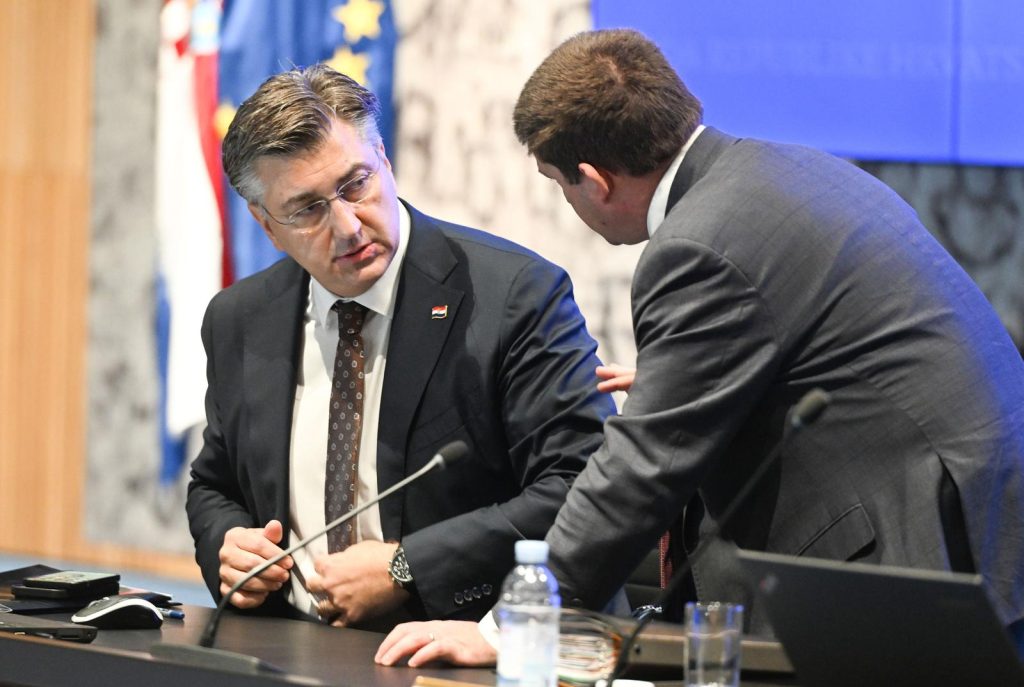October the 27th, 2023 – This week in Croatian politics, the latest Crobarometer has given HDZ something to chew on, Miro Bulj has accused people of being terrorists and cash has been poured into overlooked regions.
Sinj mayor Miro Bulj accuses “half” of the migrants coming into Croatia of “being terrorists”
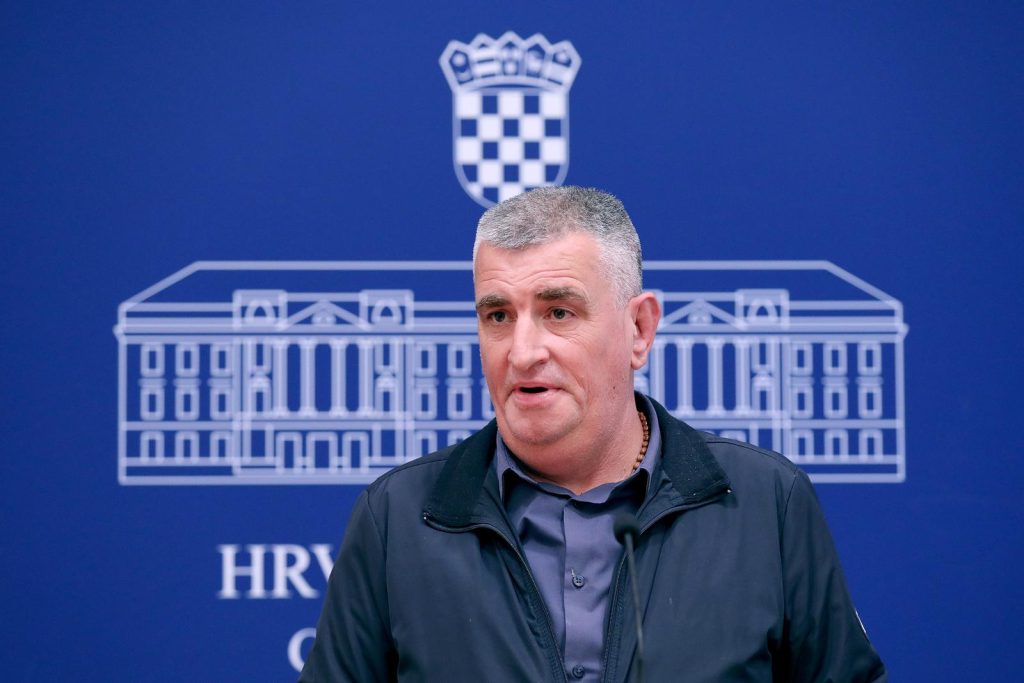
Miro Bulj is known for being outspoken when it comes to his belief system, but this Croatian politician recently took things a step further by issuing what has since been described as a scandalous statement in which he called ”half of the migrants” entering Croatia at the moment ”terrorists”. He added that he wanted to set up a civil guard in the Dalmatian hinterland close to the border with neighbouring Bosnia and Herzegovina, and said that the army should be helping border police. ”If they shoot, they’ll be shot back at” claimed Bulj, adding that ”one fingernail or hair of a child is more important to him than all of these migrants combined”. Others in Croatian politics deemed his statement to be damaging and scandalous, while the Split-Dalmatia County police department responded that there are barely any migrants in Dalmatia to speak of.
You can read more by clicking here.
Croatian public debt remains lower than EU average
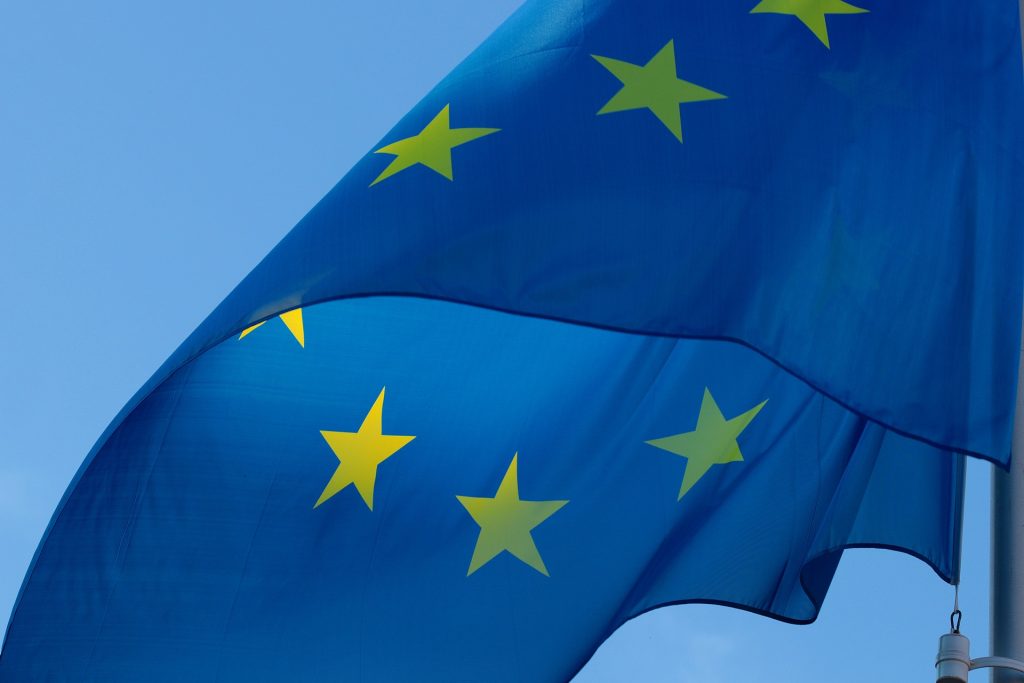
Back in 2022, the share of Croatian public debt in GDP was significantly below the EU and Eurozone average. Additionally, Croatia was among the five countries with a budget surplus, according to Eurostat’s latest data.
Here in the Republic of Croatia, the consolidated debt of the general government at the end of last year amounted to 46.346 billion euros, which corresponded to 68.2 percent of GDP, new calculations show. The April estimate showed a debt of 46.08 billion euros, with a share in GDP of 68.4 percent. At the end of 2021, Croatian public debt amounted to 45.63 billion euros, which according to the new calculations, amounted to a share in GDP of 78.1 percent. Preliminary calculations in April showed a share of 78.4 percent.
The closest to Croatia in terms of the share of public debt in GDP in 2022, according to the final data, was Germany, where it amounted to 66.1 percent. The lowest level of public debt expressed as a share of GDP at the end of last year, according to Eurostat’s final data, was recorded by Estonia, at 18.5 percent.
You can read more by clicking here.
Plenković and Erlić plan huge investments in Gorski-Kotar, Karlovac, Banovina…
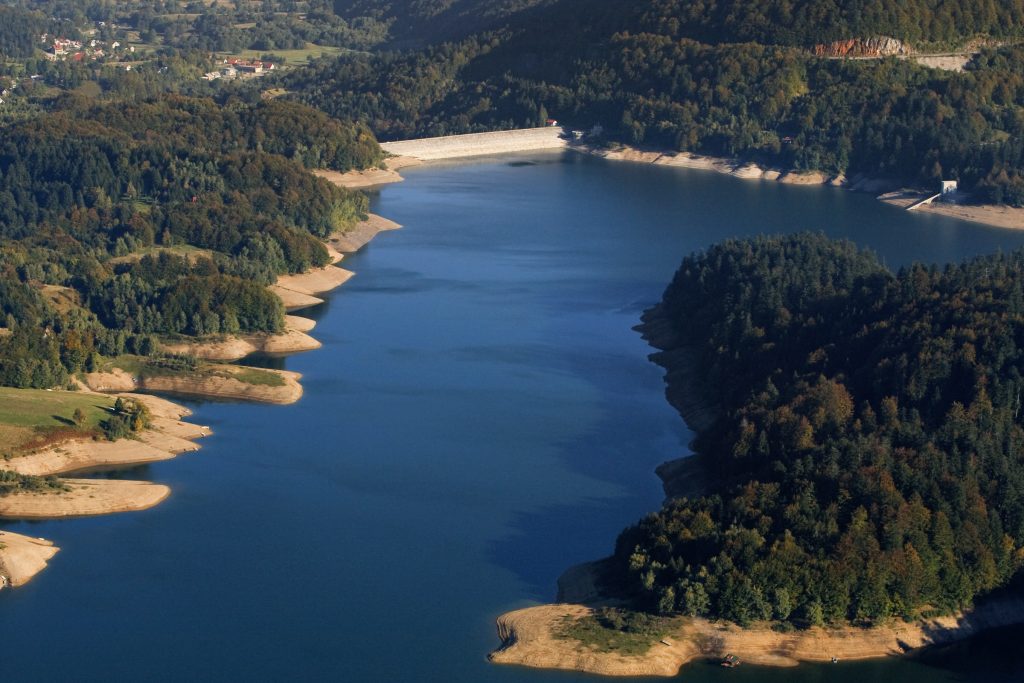
A handsome Gorski Kotar investment of over four million euros is set to be poured into areas of that region.
Two well known figures in Croatian politics, Prime Minister Andrej Plenković and Minister of Regional Development and EU Funds Šime Erlić, recently handed over ten contracts from the Economic and Social Revitalisation Programme of Gorski Kotar. Those contracts are worth a whopping 4.3 million euros, and they were handed to cities and municipalities in Delnice. Plenković pointed out that this is a Croatian Government project intended for the Dalmatian hinterland, Lika, Gorski Kotar, the wider Karlovac area and earthquake-stricken Banovina. Its primary aim is to be poured into sparsely populated areas that need the help of the state more than others.
“Gorski Kotar is an extremely valuable and special region of the country, we’re glad that in this mandate of the Governmentl we emphasised much greater investments in it”, he said. When making the decision on participation in the costs of kindergartens, the government provided an additional 15 percent of subsidies for kindergartens in hilly and mountainous areas. This amounts to 350,000 euros for the wider area of Gorski Kotar, which significantly eases the situation of parents of kindergarten-aged children, Plenković stated.
You can read more by clicking here.
New Crobarometer gives HDZ some food for thought
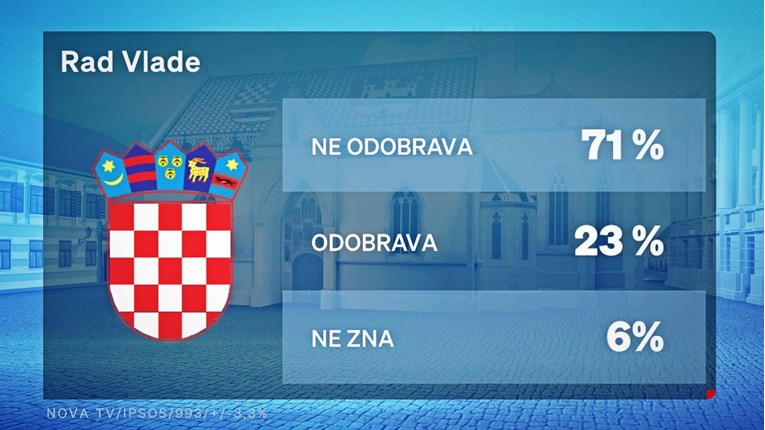
The Crobarometer survey which is taken to assess the public mood when it comes to the functioning of the government, those in Croatian politics and potential voting inclinations, has given HDZ something to think about. Despite continuing to seemingly be the most popular political party, a very significant 71% of people don’t approve of the government’s current work. As Index vijesti/news reports, the new Crobarometer has been published, thanks to Dnevnik Nova TV.
The results state that pessimism and dissatisfaction with the work of the government is continuously growing, but this hasn’t been significantly reflected in the ratings of the parties. HDZ is still at the top, convincingly ahead of everyone else. They have 29.8 percent of the respondents’ support, which is a minimal drop compared to September.
HDZ is followed by SDP, which has still recorded some kind of growth and has earned 13.4 percent of support this month. The most significant change of all can be found in who sits in both third and fourth place – This month, Most (Bridge) grew to enjoying 9.2 percent of support, while Mozemo! (We Can!) fell to 8.2 percent, and compared to September, they literally switched places. Domovinski Pokret (Homeland Movement) grew by more than one percentage point, but the support of 7.7 percent is still nowhere enough for them to do better than fifth place.
As for the respondents’ willingness to go to the polls come election time, the current situation is similar to that of September – 68 percent of respondents would definitely or probably go to the polls, 28 percent of respondents would definitely go and vote or probably won’t. Four percent still don’t know if they would even bother to vote at all or not.
Milanović outdoes Plenković in the popularity contest
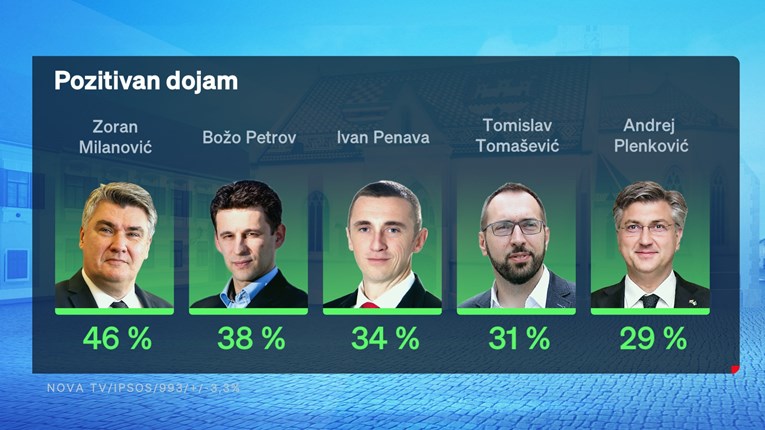
As far as the popularity of those in Croatian politics is concerned, it’s quite interesting to see to what extent the popularity of parties coincides with the popularity of their leaders. One thing that doesn’t come as a surprise whatsoever is is that the most negatively perceived individual in Croatian politics is Milorad Pupovac. More surprising is that he is followed immediately by PM Andrej Plenković. The he most well perceived person in Croatian politics this month is the outspoken president, Zoran Milanović. 46 percent of Crobarometer’s respondents react positively to him. In second place comes Božo Petrov, who is deemed a positive figure by 38 percent of the respondents, followed by Ivan Penava with 34 percent. In fourth placed comes Zagreb mayor Tomislav Tomašević, who is seen as positive for 31 percent of those tested, and in fifth place is Prime Minister and HDZ leader Andrej Plenković.
Can we then translate the current total unpopularity of Andrej Plenković into something related to support for the work of the government? This month that might well be possible: as many as 71 percent of respondents do not support the current work of the government, which is 6 percentage points more than said the same back in September. 23 percent do still support it, while 6 percent don’t know or have no opinion on it at all. As usual, satisfaction with the direction in which the country is currently heading also somewhat coincides with support for the work of the government: as many as 73 percent of respondents think that the country is going in the wrong direction, which is an increase of 4 percentage points compared to last month. 23 percent believe that Croatia is on the right track, 6 percent have no opinion on Croatia’s path.

